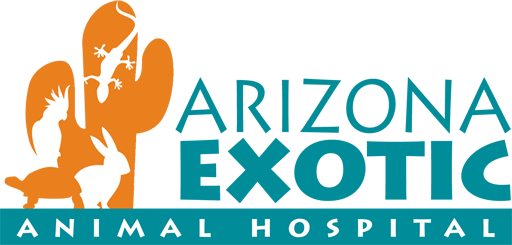DIET SUPPLEMENTS FOR REPTILES


These are resources that relate to amphibians and reptiles.

Shedding (ecdysis) is a natural process in reptile species by which they replace old skin and scales. This process helps them maintain proper skin health and allows their hard, scaly skin to grow with the rest of their body. Healthy animals will shed regularly and owners will often find long sheets of discarded scales in their pet’s enclosure. Some species, such as the leopard gecko, will eat their discarded shed as a method of preventing predators from tracking them.
Sometimes reptiles and amphibians require intramuscular injections as part of their treatment protocols. Intramuscular means “in the muscle”. Because reptiles and amphibians have vascular and renal anatomy that differs significantly from mammals, so they must receive intramuscular injections in the proper location to work properly.
Introducing a new reptile to your home? Implementing a well-considered quarantine is not just a good practice - it's essential. This process involves isolating your new companion to observe, conduct disease testing, and assist in their acclimatization to the new environment. The inadvertent introduction of diseases can not only lead to frustration but also to significant financial burdens while underscoring the critical role of a meticulous quarantine process.
*This video contains copyrighted material from the Avian and Exotic Animal Clinic of Indianapolis. Complete videos are made available for educational purposes only. No videos or portions of videos may be captured, modified or displayed without written permission.
In our reptile patients, there is one opening to the outside world, called the cloaca (or vent). There are three body systems that feed into the cloaca- the gastrointestinal tract (coprodeum), urinary tract (urodeum), and genital tract (proctodeum). This means that this one opening excretes products from each of these body systems (eg. fecal matter, urine).
Enrichment is a continuously growing and evolving concept in animal care which centers around the idea of keeping captive animals stimulated in their environments by allowing them to engage in as many natural behaviors as possible and giving options on how to interact with their environment (essentially giving them choices). Enrichment is widely utilized in zoos and most commonly with large mammals; however, many other species including birds, reptiles, and small mammals are often overlooked.
“Gut loading” refers to the practice of feeding insects a nutritious diet before they are eaten by your pet. Most commercially-available prey insects are deficient in many nutrients that our insectivorous pets require. Gut loading enhances our pets’ nutrition in two ways:



